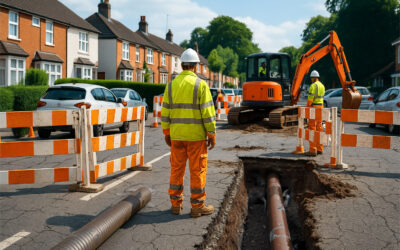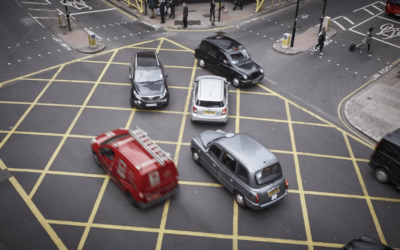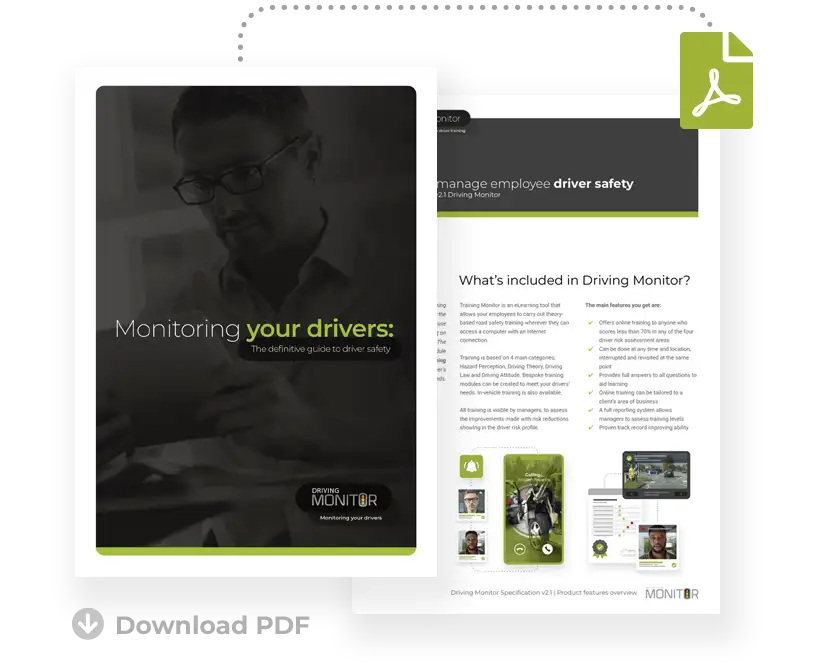Smart Motorways: Cancellations Raise Questions Over Future Of Smart Motorway System

There is increasing pressure on the government over the safety of all-lane-running (ALR) smart motorways.
The news comes as the government has cancelled plans for 14 new smart motorways, including three new schemes and 11 that were on pause.
Government ministers said that the decision came because of a lack of public confidence in the safety of ALR smart motorways, which has resulted in many calling for the system to be scrapped altogether.
Recent surveys have found that more than half of all drivers avoid using lane one on ALR smart motorways, owing to a fear of incidents occurring due to stopped vehicles in the lane.
The construction of new smart motorways has been paused for more than a year now and that’s despite an updating of safety protocols in 2021 that should make smart motorways safer.
What Are Smart Motorways?
Smart Motorways were first introduced in 2002, with All Lane Running (ALR) versions first opening in 2014. They use traffic management methods including variable speed limits and using the hard shoulder as a running lane to control the flow of traffic in a way that minimises cost, time, and environmental impact.
No new all-lane-running (ALR) motorways are allowed to open without radar technology to spot stopped vehicles on the hard shoulder, which has been a safety concern since Smart Motorways were implemented in the UK.
Are Smart Motorways Safe?
Smart Motorways have been subject to significant scrutiny since their introduction, with ‘improvement measures’ published in 2020.
The ALR versions of smart motorways have been linked to more than 38 deaths since their introduction in 2014, causing many to raise questions about how safe they are.
And recently the Transport Watchdog told the government that motorway technology HAD to improve.
That was part of a review of ALR smart motorways, looking at how they’re used and the impact they have on traffic flow, driver safety, and other factors.
Smart Motorways – What Now?
With Prime Minister Rishi Sunak stating that “All drivers deserve to have confidence in the roads” as he announced that the building of new smart motorways was cancelled, the future of our motorways is uncertain.
Significant work has been put into converting many stretches of motorway into ALR smart motorways, with more planned for the future – but that’s now in doubt.
The reality is that significant public concern over the safety of the roads is a big issue and it might be that alternative solutions need to be found.
However, work will still continue on safety improvements on existing smart motorways. This includes 150 new emergency refuge areas across the country, as well as improvements to stopped vehicle detection technology throughout the smart motorway network.
Smart motorways now comprise 10% of England’s motorway network, which shows just how big of an issue this is.
She said smart motorways and regular motorways “carry very different benefits and risks” and suggested merging both models.
What do you think about smart motorways? Should we move back to traditional motorways or is it simply a case of improving smart motorways to make them safer? Let us know in the comments below.










